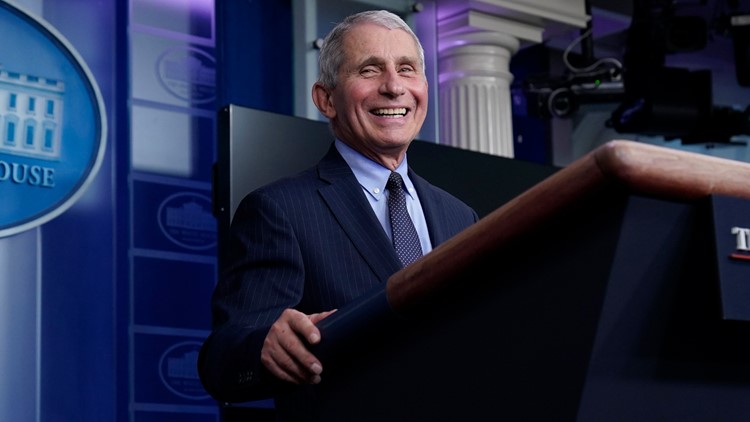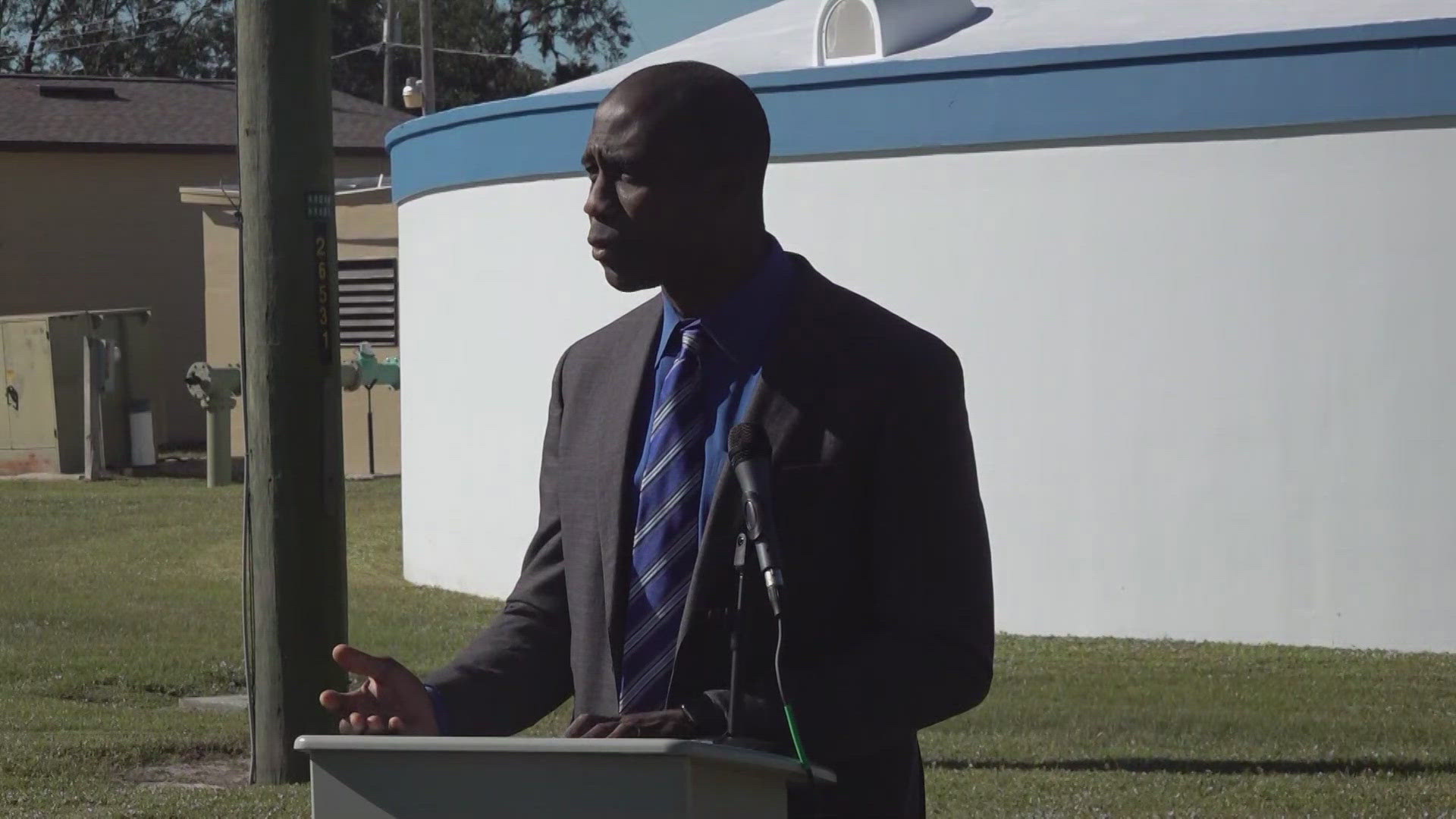WASHINGTON, D.C., USA — The COVID-19 pandemic isn't the only global health issue National Institute of Allergy and Infectious Diseases Director Dr. Anthony Fauci is looking to tackle.
In an interview with Axios, Fauci said the AIDS epidemic could be ended by 2030.
He told Axios he might have been one of the few people who were around when the world realized it has a new disease on its hands.
Fauci told Axios he " remembers 'very, very clearly' hearing about an unusual pneumonia found in five young gay men who had unusually low white blood cells called CD4."
Then Fauci said he decided to pivot his career to study the new disease, according to Axios.
He told the Today Show that's when he went to work at the National Institutes of Health as a senior investigator. He told the Today Show some of his mentors questioned the decision because nobody knew how long it would be around for.
"That began a 40-year journey that I'm still on because even though it's been sidetracked a fair amount by COVID-19, HIV/AIDS is still one of the most important things," Fauci told Axios.
Fauci said to the Today Show that since the epidemic started 40 years ago it has gone from "almost an absolutely inevitable death sentence to people who are now living virtually normal lives."
HIV is a virus that can make the people it infect more vulnerable to other infections or diseases by attacking the body's cells that would fight it off. It can become AIDS when the body's immune system is damaged because of the infection, according to HIV. gov.
Fauci said that's mostly because of the multiple drug treatments that have become available over the years.
According to HIV.gov, there are about 1.2 million people in the U.S.who have HIV.
HIV.gov reports most people in the U.S. who have HIV because the treatment and medications they use stop the disease from progressing.
Fauci told Axios that there may not be a vaccine to help prevent people from contracting HIV, he is hopeful we will get there.
"We may get a home run. ... I believe we will get there, but it may not necessarily be with a highly effective vaccine. It may be with a combination of things," Fauci told Axios.
Information and resource can be found on the Center for Disease Control and Prevention's website.
What other people are reading right now:
►Breaking news and weather alerts: Get the free 10 Tampa Bay app
►Stay In the Know! Sign up now for the Brightside Blend Newsletter



